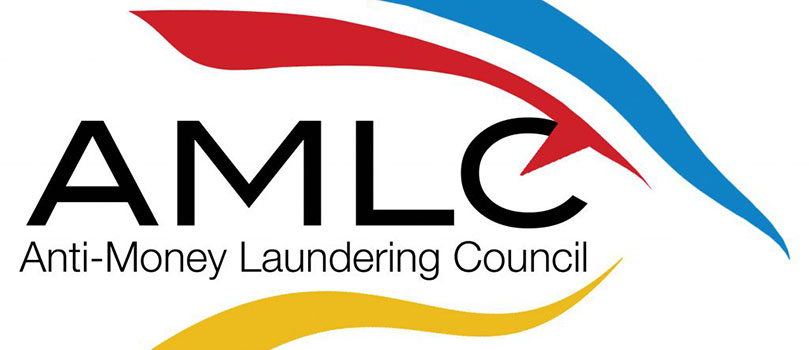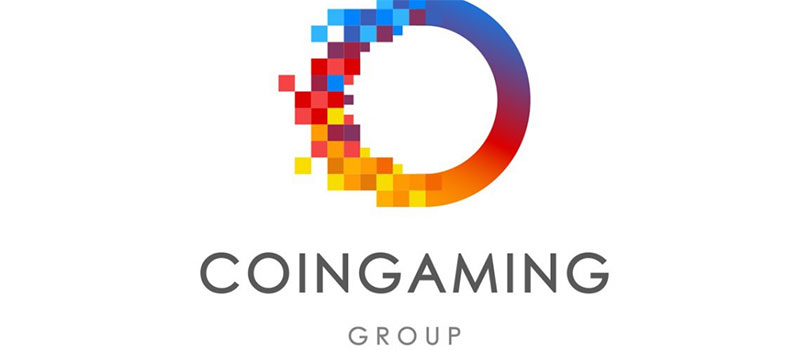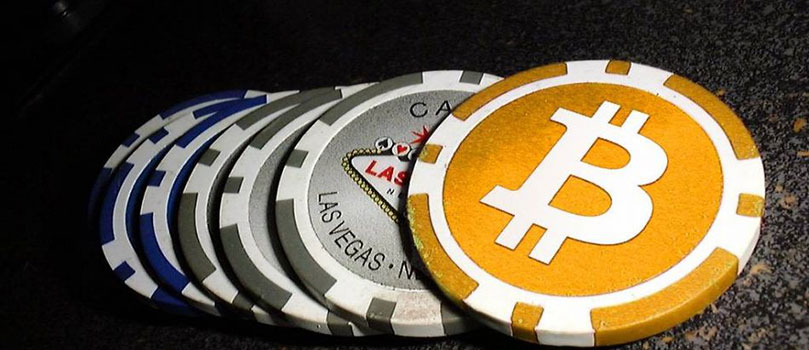BitcoinCasino.io has recently implemented some huge improvements to its gaming platform by adding Vivo Gaming’s extensive library of live casino games. The platform’s customers will now have access to a plethora of amazing slots, as well as various variants of roulette, craps, baccarat, bingo, and poker.
Vivo Gaming is a renowned developer of liver dealer gaming solutions that specializes in the aforementioned live dealer games in addition to sports betting software, RNG games, and other digital gambling solutions. With over 15 years’ worth of experience in the gaming industry, the digital solutions provider has built a reputation for being the supplier of some of the best live dealer gaming products for online gambling operators.
As it stands, Vivo Gaming holds a total of two licenses from First Cagayan and Curacao Gaming – the First Cagayan is the “first gaming jurisdiction that allows gambling establishments to operate in Philippine’s Cagayan Special Economic Zone”. Furthermore, the company is also certified by the renowned Gaming Labs which is responsible for making sure that the software suppliers comply with international gaming standards and regulations
What It Offers
Vivo Gaming is a great partner for a number of gaming platforms, particularly because it offers non-stop gaming services to the operators. This is made possible by the fact that the company streams their games from a number of different places including Costa Rica, Curacao, Asia, and many other places. Its outstanding services has seen it partner with many of the top gaming providers including BetSoft Gaming and Rival Gaming.
Moreover, the digital gaming solutions provider has worked hard to develop all of the fan-favorite traditional casino table games and many other Asian games like Sic Bo – these are available in the live dealer format. Unfortunately, its game portfolio is only available on Android-powered devices at the moment. However, there is a possibility that the company may be working on a dedicated app for iOS-powered devices.
Good News for BitcoinCasino.io Players
One of the most notable features that BitcoinCasino.io players will now be able to enjoy is the ability to play Vivo Gaming’s live dealer suite and simultaneously bet on multiple tables through the Multi-Game Play window. In addition to that, the platform will also be able to incorporate multi-use, multi-lingual and multi-currency interfaces as well as mini side-game betting during various games.
Even more exciting is the fact that the live dealer games will allow the players to talk to the dealer as well as other players. This will be possible across a wide range of devices including desktops, tablets, and even mobile devices.







